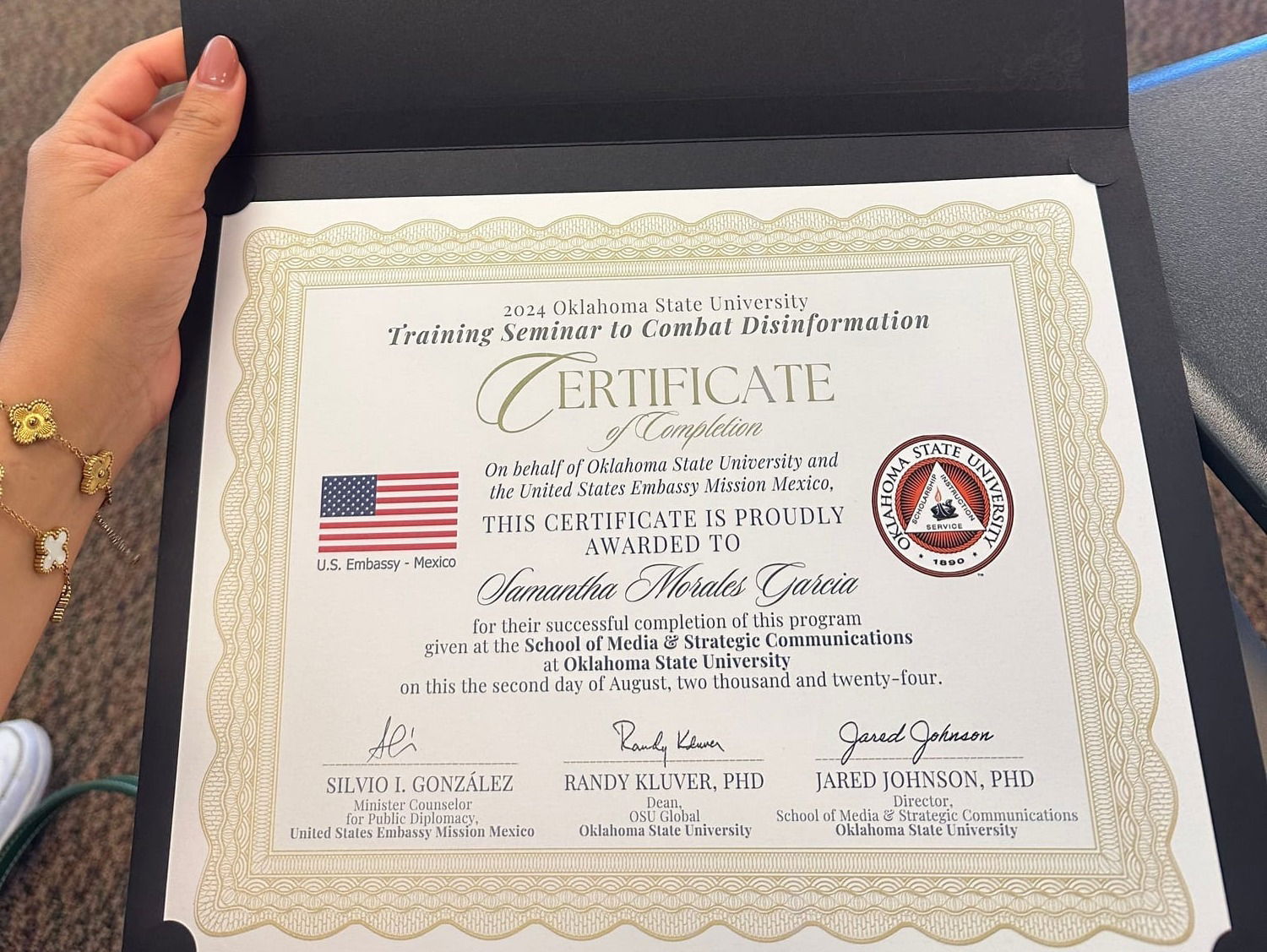Misinformation Hurts: The Importance of Accuracy & Respect in a Global World
by Samantha Morales Garcia
As the world becomes more globalized and information is just a click away, so does misinformation. Simply put, misinformation is: the spread of false or misleading information from unreliable sources & biased opinions, in order to deceive individuals, and public opinion.
As information amplifies, regardless of its sources & purpose, so does misinformation. Nevertheless, we rarely talk about the consequences this may imply in the everyday world.
When interacting with people from different backgrounds, cultures, and perspectives, knowing the right approach is important—especially in business. Having the errorless information is nothing but crucial nowadays, as misinformation can severely affect everyday life interactions. With globalization, cross-cultural exchanges are inevitable, creating new challenges and a need for more effective ways to build understanding and trust in these relationships. As a business owner, collecting myself with the best and most accurate information, as well as personal experiences, has landed me with less issues when it comes to closing a business deal. Being prepared for what comes ahead in the future of a hyper-interconnected world is a must.
Last year, I was lucky enough to participate in a seminar funded by the U.S. Embassy in Mexico, working hand-in-hand with OSU (Oklahoma State University). This seminar was a shared learning experienced between professionals, cultures, and countries. All of the professionals - both on the learning & teaching side - had diverse points of views. The seminar highlighted the diversity of perspectives among participants, many of whom had unique insights into their respective fields, & who are shaped by cultural understandings. Although there were only two countries involved in this seminar - the United States & Mexico -, all participants had a different 'reality' of how mis and dis information shapes acquittances in individuals, leading to one outcome or the other in business decision-making, to ultimately close a deal.

Our differences make us special, and we must be aware of them. However, they're called differences for a reason, and as long as these differences are properly considered, given the attention they deserve, studied, and respected, business-making should proceed smoothly and steadily. The key step is gathering accurate information and knowing how to evaluate the reliability of sources- skill that was also taught at the previously mentioned seminar-. Moreover, being able to identify credible, fact-checkable sources is crucial. There's no value in seeking cultural accuracy if the information itself is inaccurate, false, or, in the worst case, deliberately designed to mislead (such as deepfakes).
To conclude, the world continues to grow and is more interconnected than it has ever been. The need for accurate information is crucial, so as media literacy along with the ability to discern misinformation is more important than ever. While making business in a globalized context; decisions based on false or misleading information can have far consequences. It's essential to continuously update knowledge, and be mindful of the sources from which we obtain our information. Only so, can we ensure that our actions & communication are informed, fair, respectful, open-minded, effective, and boundless.
Thank you for reading!